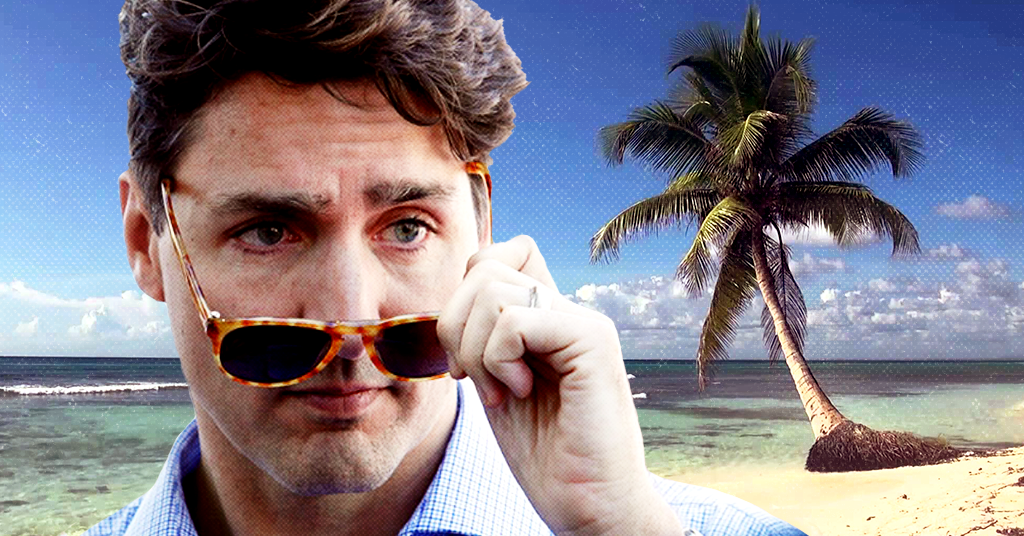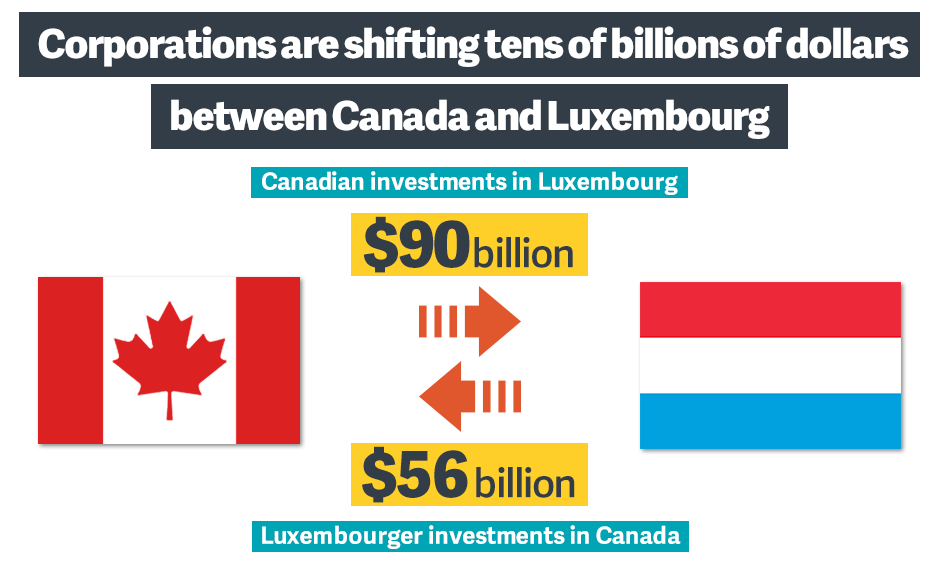Plastics are threatening ocean life. As a result. the ocean is now producing 20% less oxygen. If people continue to ignore the difference between what they want (fueled by our shopping addiction) and what they need, the threat to the very source of life on earth will play out inevitably, resulting in planetary ecocide.

Lead author Jennifer Lavers looks out at the plastic debris covering a Cocos (Keeling) Island beach.Silke Stuckenbrock
The extraordinary haul means we may have underestimated the scale of the world’s plastic problem.
The amount of plastic pollution previously thought to exist around the world may be a dramatic underestimate — because the vast majority of plastic pollution may actually be below the surface.
That’s the takeaway from a survey of plastic pollution on the beaches of Australia’s Cocos Islands, made up of two coral atolls.
An estimated 414 million pieces of debris are now littering the remote islands, and the vast majority of that waste is buried below the surface, according to a new study. But even that is likely an underestimate, a group of researchers reported May 16 in the journal Scientific Reports.
What’s more, because most of this plastic is buried below the surface, and most global surveys don’t look below the surface, the amount of plastic pollution worldwide may be way more than we previously thought, they reported. [In Images: The Great Pacific Garbage Patch]
Roughly 93 percent of the debris found, most of it tiny micro-debris, was actually buried below the surface. But because they only dug 3.94 inches into the sand, and couldn’t access some beaches that are known to have a lot of debris, these numbers are likely conservative, lead author Jennifer Lavers, a research scientist at the University of Tasmania, said in a statement.
“Plastic pollution is now ubiquitous in our oceans, and remote islands are an ideal place to get an objective view of the volume of plastic debris now circling the globe,” Lavers said. MORE
RELATED:
America’s Dopamine-Fueled Shopping Addiction


/https://www.thestar.com/content/dam/thestar/politics/provincial/2019/05/27/premier-doug-ford-cancels-retroactive-cuts-that-have-hit-public-health-child-care-and-other-municipal-services/ford.jpg)


